Many of you will find you can relate to this blog – and whatever your conviction on scripture and homosexuality, we have to stand with the truth of the scriptures living the CHARACTER of Christ – that’s what true righteousness is, not just “moral sin.” How we treat others, love others who disagree with us, and how do we build up and encourage – are we drawing others closer to Jesus or pushing them away?
Read the original article from Sojourners.
I was raised in a charismatic megachurch that prided itself in being “non-religious.” Our pastor thought of himself as a grace preacher, and in many ways he was. Faith for me in my formative years was always about a living, dynamic relationship with Jesus Christ through the power of the Holy Spirit, not about trying to earn or achieve right standing before God. I think that’s part of the reason why I never felt oppressed by my faith. Everyone that I knew who were sincerely living out their faith were good people — and very happy. Our pastor taught us that if the same Spirit that raised Jesus Christ from the dead lives in us, then we should expect the Spirit to flow through us in miraculous ways as channels of healing and blessing to others. Testimonies of broken, messed-up lives healed and restored were commonplace at my church. It’s exactly what we expected. Growing up, I experienced the best of fundamentalist Christianity.
I also experienced the worst of fundamentalist Christianity… . Though I didn’t know it back then.
I’ll be 33 years old in a few weeks. I am married with two small boys, ages 1 and 2. I love my boys deeply and I want what’s best for them. And though it’s agonizing to say this, I’m not sure I want to raise my boys in the same version of the faith I grew up in. It’s not that I don’t appreciate the vitality of the faith of my youth. Sometimes I feel like I could travel to the ends of the earth to recover the child-like faith I grew up around. As a matter of fact, I’ve spent much of my adult life traveling the world and propagating fundamentalist Christianity. The charismatic-life-in-the-Spirit vs. the dead-empty-ritual version of fundamentalist Christianity forms a part of who I am, and will probably continue to form me in the years to come — I hope.
I’d love to pass on to my children a living, vital relationship with the resurrected Christ, and the faith that God can use them in miraculous ways to bring hope and blessing to others. And why in the world would I not want my children to experience the same charismatic worship that I experienced? The singing in tongues, the lingering in the presence of God, the dancing in the Spirit where I never felt more fully alive — why wouldn’t I want my children to experience that?
… Because there’s a dark underbelly in American fundamentalist Christianity, even the wonderful versions like the one I love.
In my late-20s, I began to notice the poor track record that fundamentalist Christianity produces on a societal level. The first shocker was when I discovered that all those prayer groups I attended to “Bless Israel” in my youth and Bible college years were in fact providing theological cover to justify colonialism and oppression of Arab peoples in the Middle East. Then I started wondering why it never occurred to me that the Vietnam War was immoral, even though I had traveled there as a Bible college student and seen the gruesome pictures of what it looked like from their perspective. Then I learned that the most vehement opponents of civil rights in the 1960’s were Bible-believing fundamentalist Christians. So far, not so good …
And now, the gay issue.
I’ve noticed that the same loving, happy people that I grew up with are the same people who think of homosexuality as if it were the moral equivalent of pedophilia. I’ve seen people very close to me — people who love Jesus and strive to live a moral life — isolated, shamed, and rejected by the same happy, loving people who believe that if gay people would just pray hard enough and forgive their earthly fathers, then they can be “cured.”
Today homophobia is still mainstream, but, mark my words, in 20 to 30 years homophobia is going to go the way of racism. There will be evidence of it in the broader society, but it will no longer be socially acceptable. Just like we do today with people who used the Bible to justify segregation, Christians in the future are going to look back and say, “How could we have used the Bible to isolate and persecute an entire group of people like that?” I don’t want to pass homophobia along to my children. My heart tells me its wrong, though my head still has a hard time figuring out how to reconcile what my heart is telling me with the way I read Scripture.
Sometimes I’d love to jump on board with liberal mainline Protestant Christianity, but that also has its pitfalls. For one thing, the interpretation of Scripture is often a little too loose, even (sometimes) denying the virgin birth and the deity of Christ. I’ve also noticed that (some) liberal Christians tend to be naïve about the harmful aspects of non-biblical faiths, as if pagan spirituality is a culturally appropriate substitute for the power of the Holy Spirit.
I feel like I’m in a pickle. I have to get this right for my wife, my boys, and myself. So pray for me. Pray for my family. But perhaps more importantly, pray for the church. And by the church I don’t mean an institution. I mean “the church.” The church for me is whatever group of people, liberal or conservative, fundamentalist or mainline, who God thinks of as the hands and feet of Jesus on the earth. The church needs to get this right.





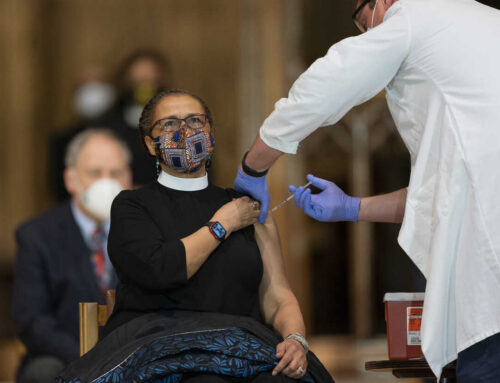

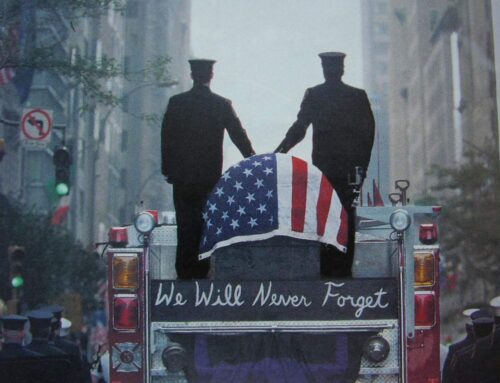

















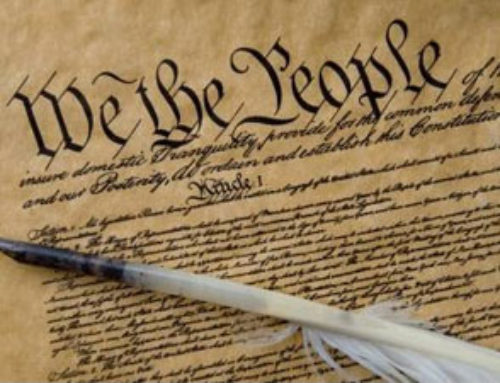

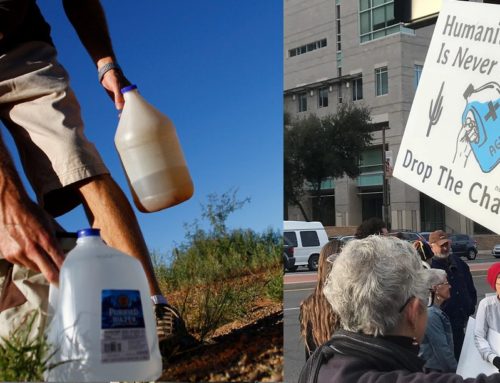

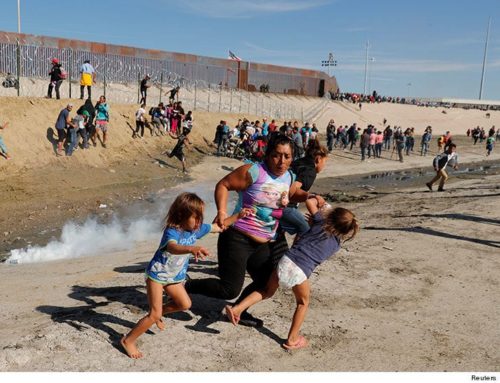
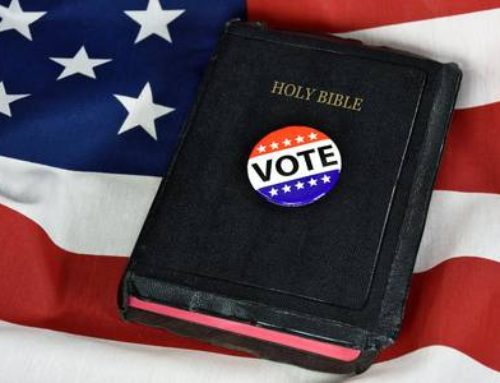

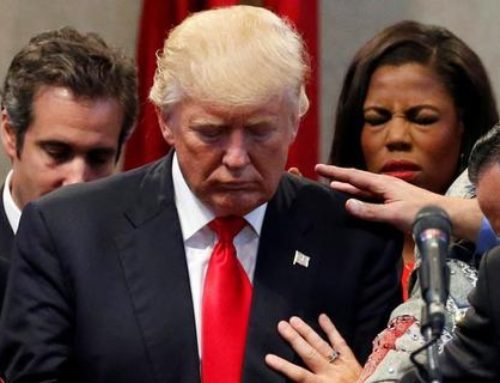
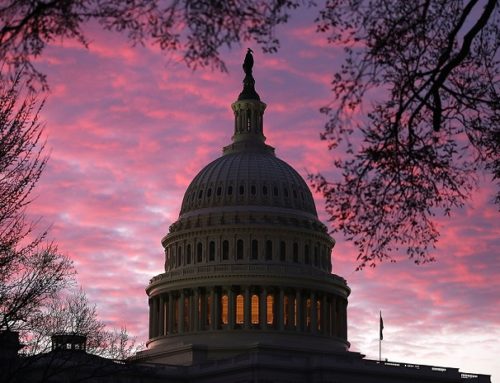


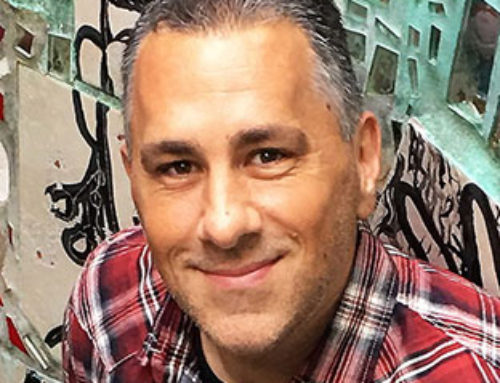











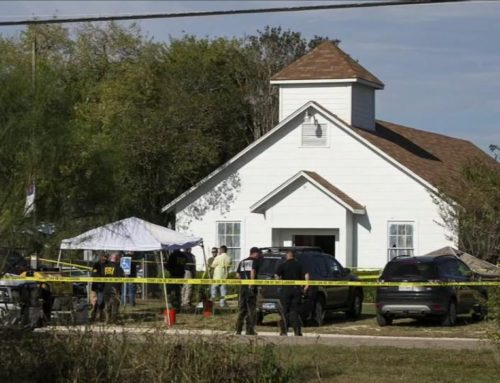

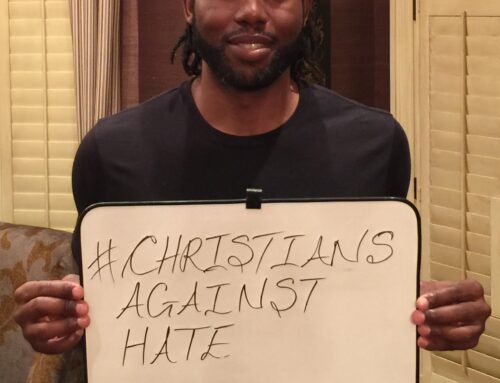



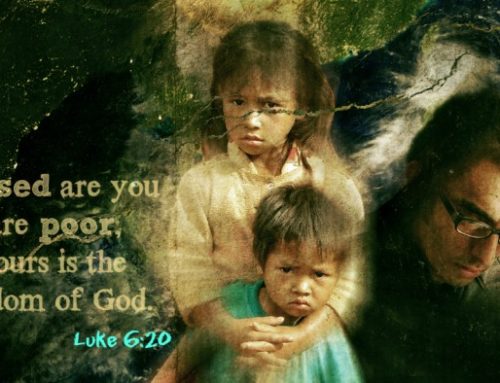
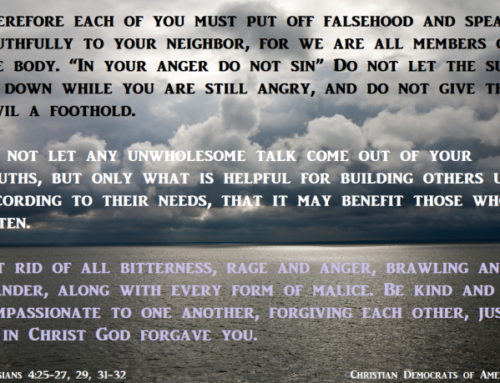
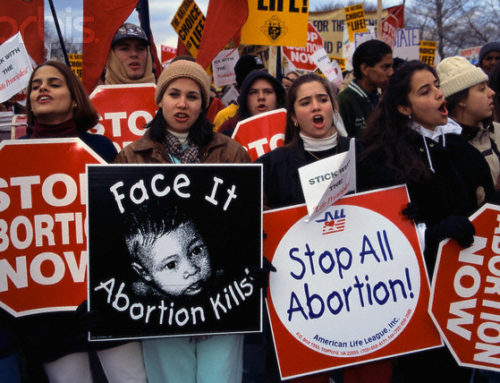
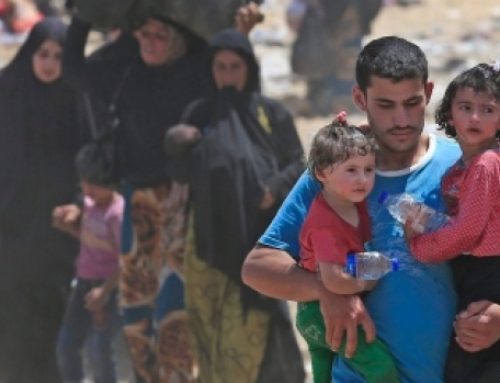



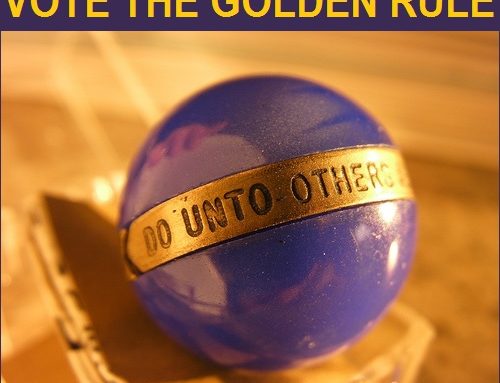
Very interesting article. Good points that we need to ponder, as Christians.
Websites worth visiting…
[…]here are some links to sites that we link to because we think they are worth visiting[…]……
Websites we think you should visit…
[…]although websites we backlink to below are considerably not related to ours, we feel they are actually worth a go through, so have a look[…]……
Car Warranty News and Reviews…
[…]while the sites we link to below are not related to ours, but are worth going to[…]…
SEO Company and Web Design…
[…]Worthwhile web sites we got to[…]…
Great website…
[…]we like to honor many other internet sites on the web, even if they aren’t linked to us, by linking to them. Under are some webpages worth checking out[…]……
Recent Blogroll Additions……
[…]usually posts some very interesting stuff like this. If you’re new to this site[…]……
This Week in Automobile News…
[…]here are some links to sites worth going to[…]…
computer recycling…
[…]check out the content or web sites we have […]…
Recommeneded websites…
[…]Here are some of the sites we recommend for our visitors[…]……
Recent Blogroll Additions……
[…]usually posts some very interesting stuff like this. If you’re new to this site[…]……
Online Article……
[…]The information mentioned in the article are some of the best available […]……
Recommeneded websites…
[…]Here are some of the sites we recommend for our visitors[…]……
Looking around…
While I was surfing today I noticed a great post concerning…
Sources…
[…]check below, are some totally unrelated websites to ours, however, they are most trustworthy sources that we use[…]……
Websites you should visit…
[…]below you’ll find the link to some sites that we think you should visit[…]……
Read was interesting, stay in touch……
[…]please visit the sites we follow, including this one, as it represents our picks from the web[…]……
Informative and precise…
Its hard to find informative and precise info but here I found…
Automotive News and Reviews…
[…]just below, are some interesting pages[…]…
Auto Warranty Reviews…
[…]sites worth visiting[…]…
Gems form the internet…
[…]very few websites that happen to be detailed below, from our point of view are undoubtedly well worth checking out[…]……
Car Warranty News…
[…]the time to check out the content or going to we have linked to below the[…]…
electronics disposal…
[…]while the pages we link to below are completely unrelated to ours, we think they are worth a read, so have a look[…]…
Automotive News and Reviews…
[…]just below, are some worth checking out web sites[…]…
Recent Blogroll Additions……
[…]usually posts some very interesting stuff like this. If you’re new to this site[…]……
FoxTec Online Parts for Computers…
[…]below you’ll find the links to some web sites that we think you should visit[…]…
PotSpot 411…
[…]Worthwhile web sites we check out[…]…
Read was interesting, stay in touch……
[…]please visit the sites we follow, including this one, as it represents our picks from the web[…]……
Related……
[…]just beneath, are numerous totally not related sites to ours, however, they are surely worth going over[…]……
Recent Blogroll Additions……
[…]usually posts some very interesting stuff like this. If you’re new to this site[…]……
Recommeneded websites…
[…]Here are some of the sites we recommend for our visitors[…]……
Visitor recommendations…
[…]one of our visitors recently recommended the following website[…]……
You should check this out…
[…] Wonderful story, reckoned we could combine a few unrelated data, nevertheless really worth taking a look, whoa did one learn about Mid East has got more problerms as well […]……
Great website…
[…]we like to honor many other internet sites on the web, even if they aren’t linked to us, by linking to them. Under are some webpages worth checking out[…]……
Blogs ou should be reading…
[…]Here is a Great Blog You Might Find Interesting that we Encourage You[…]……
Blogs ou should be reading…
[…]Here is a Great Blog You Might Find Interesting that we Encourage You[…]……
Recommeneded websites…
[…]Here are some of the sites we recommend for our visitors[…]……
Superb website…
[…]always a big fan of linking to bloggers that I love but don’t get a lot of link love from[…]……
Recommended websites…
[…]Here are some of the sites we recommend for our visitors[…]……
Links…
[…]Sites of interest we have a link to[…]……
Check this out…
[…] that is the end of this article. Here you’ll find some sites that we think you’ll appreciate, just click the links over[…]……
Read was interesting, stay in touch……
[…]please visit the sites we follow, including this one, as it represents our picks from the web[…]……
Websites we think you should visit…
[…]although websites we backlink to below are considerably not related to ours, we feel they are actually worth a go through, so have a look[…]……
Related……
[…]just beneath, are numerous totally not related sites to ours, however, they are surely worth going over[…]……
Links…
[…]Sites of interest we have a link to[…]……
Sources…
[…]check below, are some totally unrelated websites to ours, however, they are most trustworthy sources that we use[…]……
Cool sites…
[…]we came across a cool site that you might enjoy. Take a look if you want[…]……
Websites we think you should visit…
[…]although websites we backlink to below are considerably not related to ours, we feel they are actually worth a go through, so have a look[…]……
Related……
[…]just beneath, are numerous totally not related sites to ours, however, they are surely worth going over[…]……
Recommeneded websites…
[…]Here are some of the sites we recommend for our visitors[…]……
Read was interesting, stay in touch……
[…]please visit the sites we follow, including this one, as it represents our picks from the web[…]……
Check this out…
[…] that is the end of this article. Here you’ll find some sites that we think you’ll appreciate, just click the links over[…]……
Recent Blogroll Additions……
[…]usually posts some very interesting stuff like this. If you’re new to this site[…]……
Cool sites…
[…]we came across a cool site that you might enjoy. Take a look if you want[…]……
You should check this out…
[…] Wonderful story, reckoned we could combine a few unrelated data, nevertheless really worth taking a look, whoa did one learn about Mid East has got more problerms as well […]……
Visitor recommendations…
[…]one of our visitors recently recommended the following website[…]……
Great website…
[…]we like to honor many other internet sites on the web, even if they aren’t linked to us, by linking to them. Under are some webpages worth checking out[…]……
Awesome website…
[…]the time to read or visit the content or sites we have linked to below the[…]……
Links…
[…]Sites of interest we have a link to[…]……
Blogs ou should be reading…
[…]Here is a Great Blog You Might Find Interesting that we Encourage You[…]……
Check this out…
[…] that is the end of this article. Here you’ll find some sites that we think you’ll appreciate, just click the links over[…]……
Marijuana News…
[…]while the web sites we link to below are completely unrelated to ours, we think they are worth a look, so have a peek[…]…
Medical Marijuana…
[…]Here you will you’ll find a few links to some Cool websites[…]…
Medical Marijuana Dispensaries…
[…]the time to read or visit the content or pages we have linked to below the[…]…
Medical Marijuana Dispensaries…
[…]the time to read or check out the content or web sites we have linked to below the[…]…
Check this out…
[…] that is the end of this article. Here you’ll find some sites that we think you’ll appreciate, just click the links over[…]……
Websites you should visit…
[…]below you’ll find the link to some sites that we think you should visit[…]……
Check this out…
[…] that is the end of this article. Here you’ll find some sites that we think you’ll appreciate, just click the links over[…]……
Check this out…
[…] that is the end of this article. Here you’ll find some sites that we think you’ll appreciate, just click the links over[…]……
Websites we think you should visit…
[…]although websites we backlink to below are considerably not related to ours, we feel they are actually worth a go through, so have a look[…]……
Websites worth visiting…
[…]here are some links to sites that we link to because we think they are worth visiting[…]……
Websites you should visit…
[…]below you’ll find the link to some sites that we think you should visit[…]……
Cool sites…
[…]we came across a cool site that you might enjoy. Take a look if you want[…]……
Related……
[…]just beneath, are numerous totally not related sites to ours, however, they are surely worth going over[…]……
Cool sites…
[…]we came across a cool site that you might enjoy. Take a look if you want[…]……
Recent Blogroll Additions……
[…]usually posts some very interesting stuff like this. If you’re new to this site[…]……